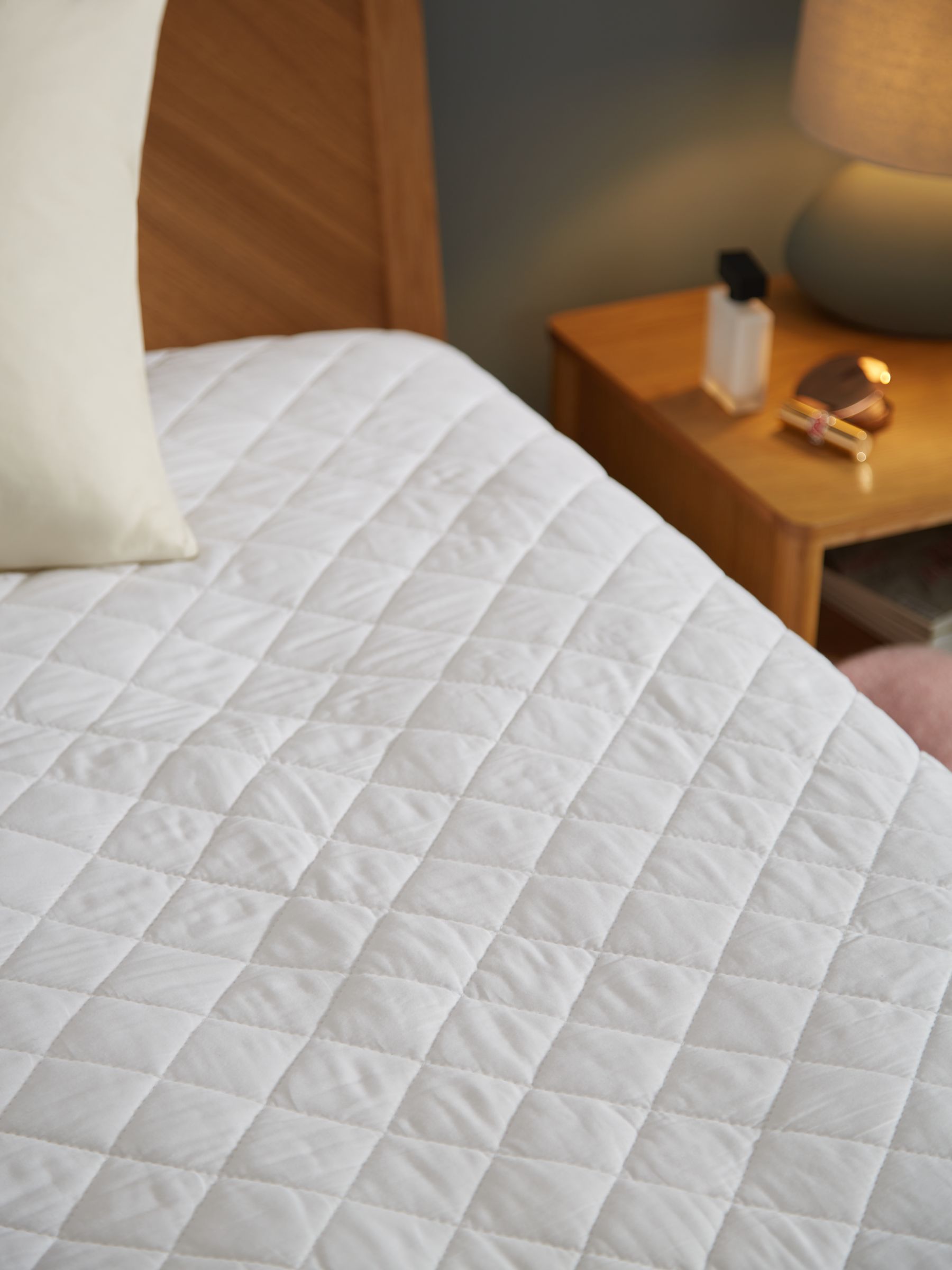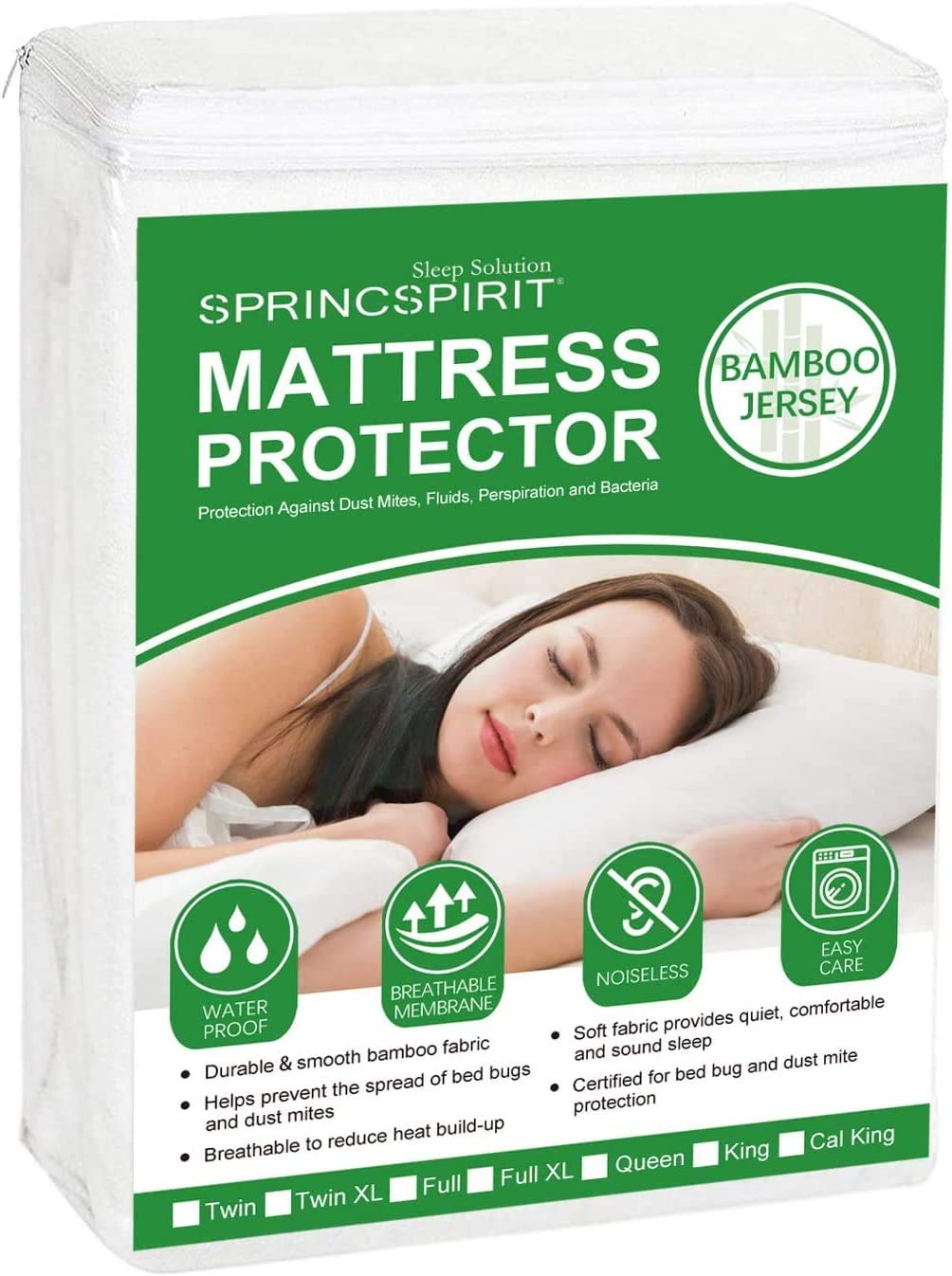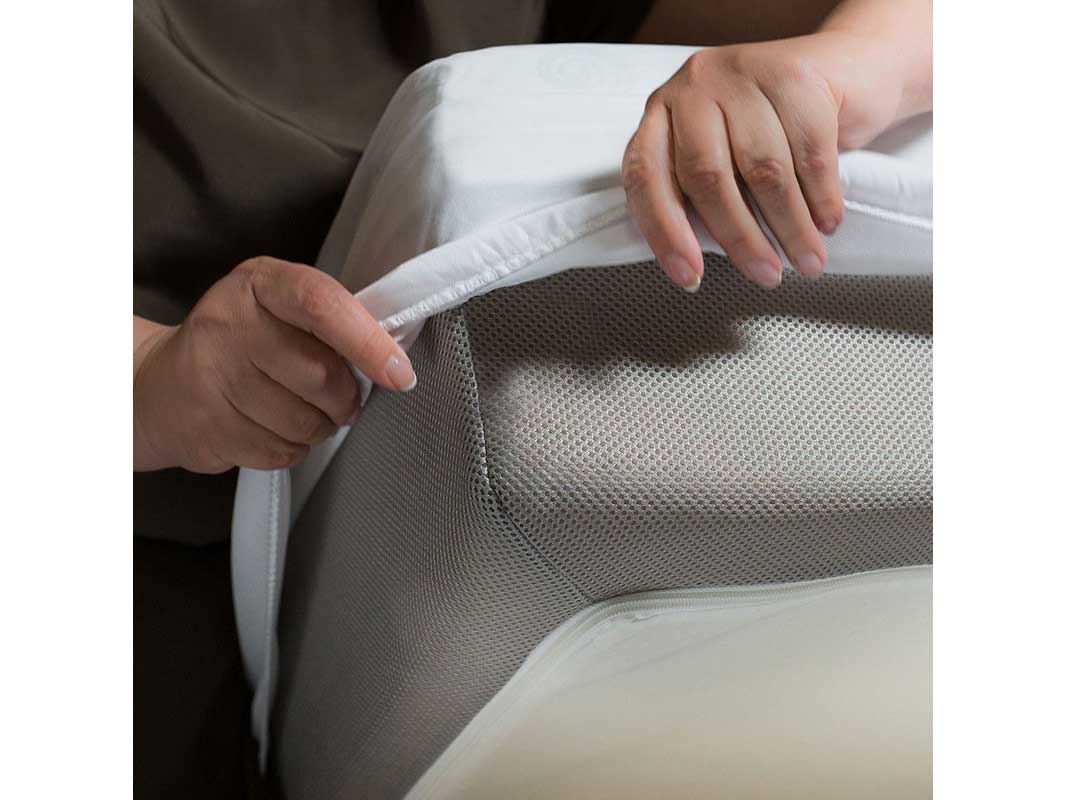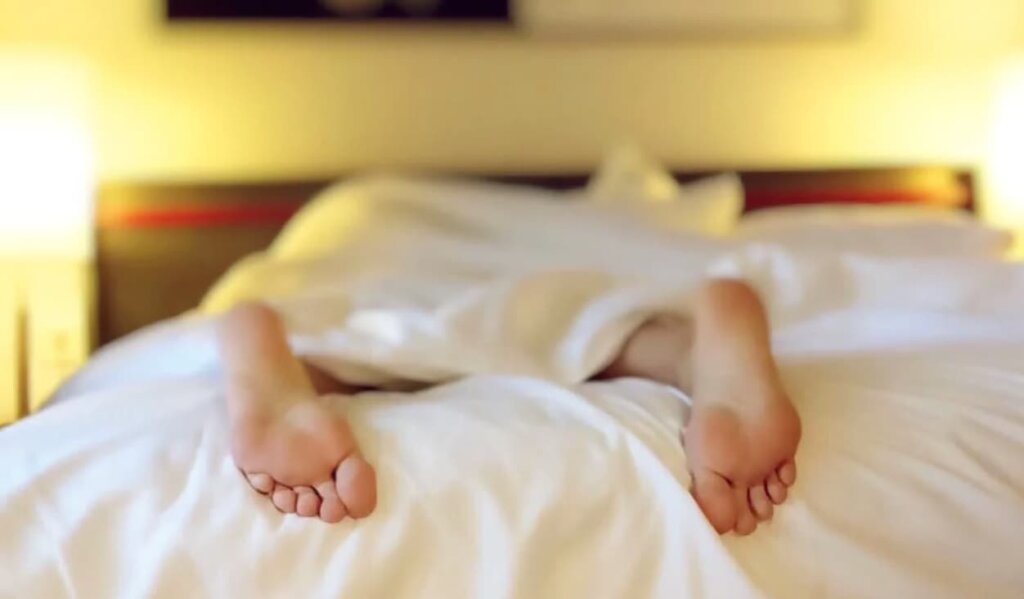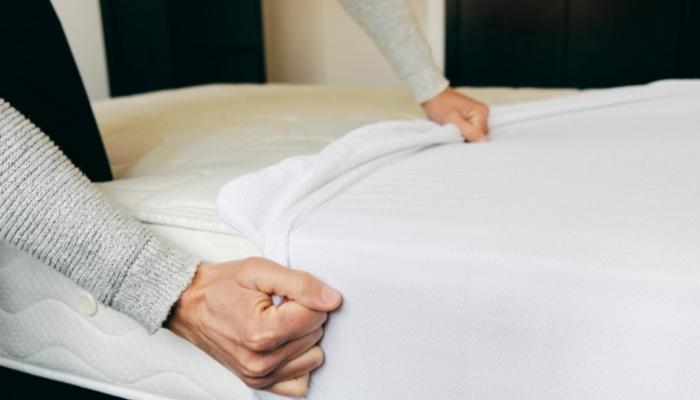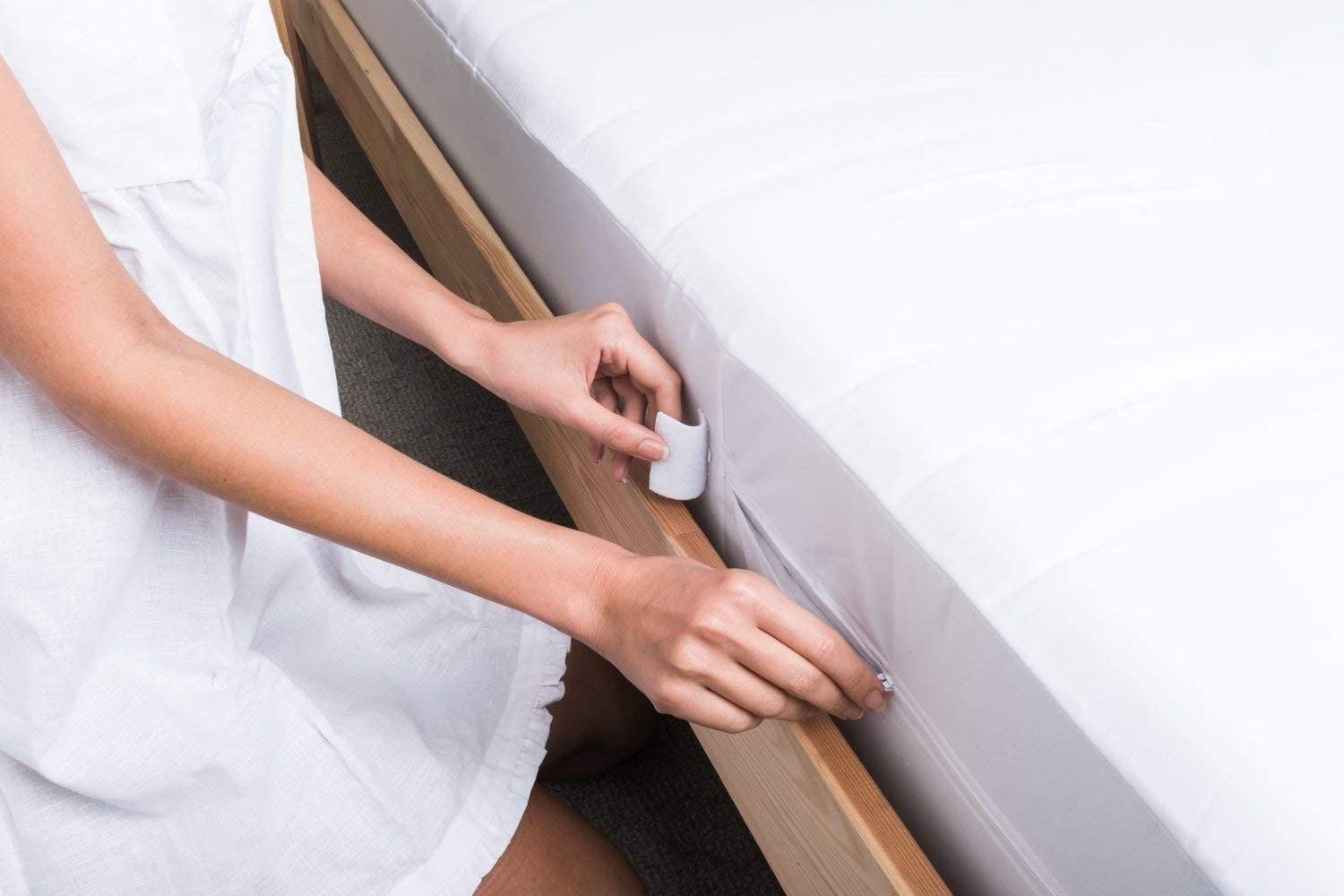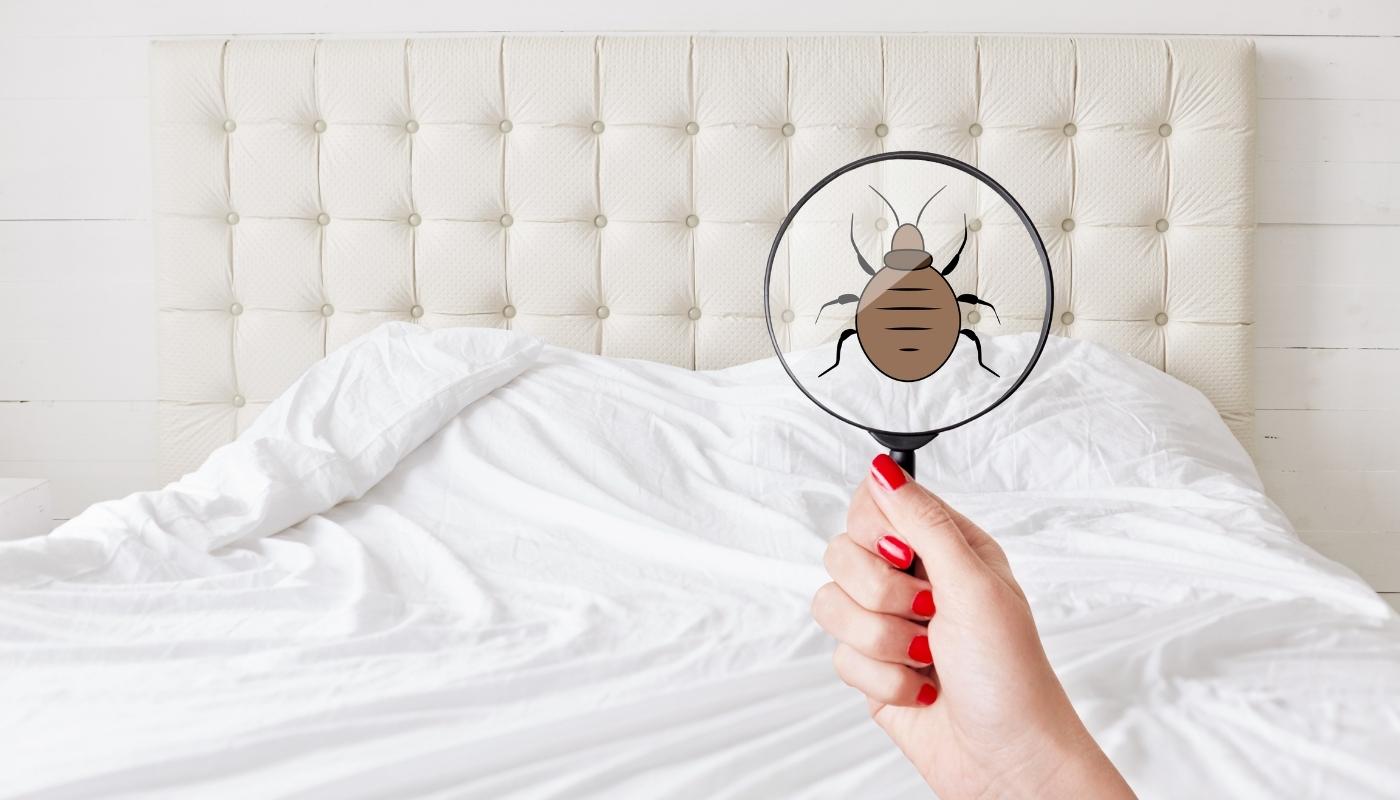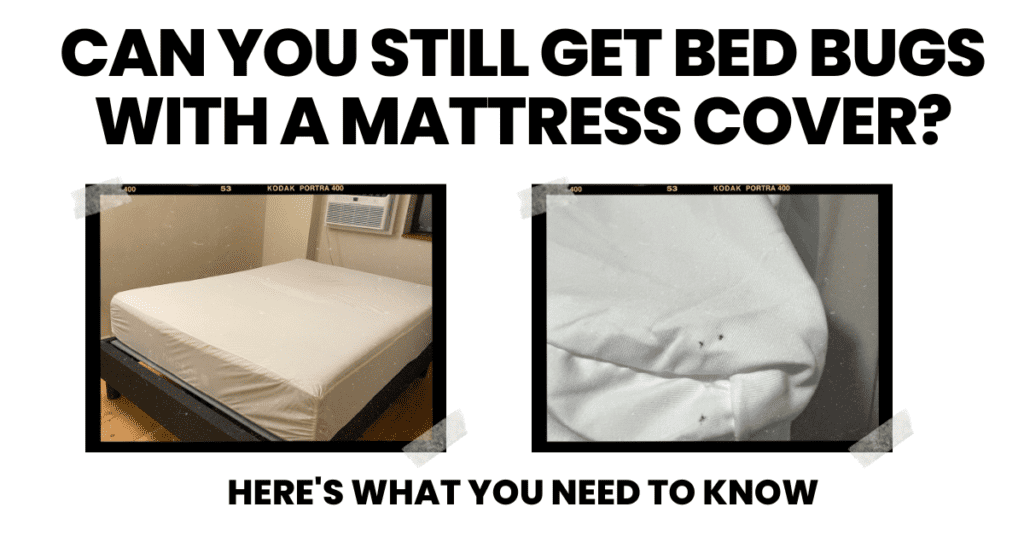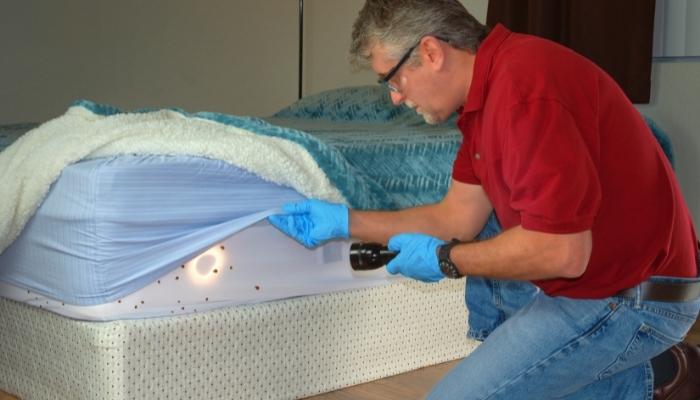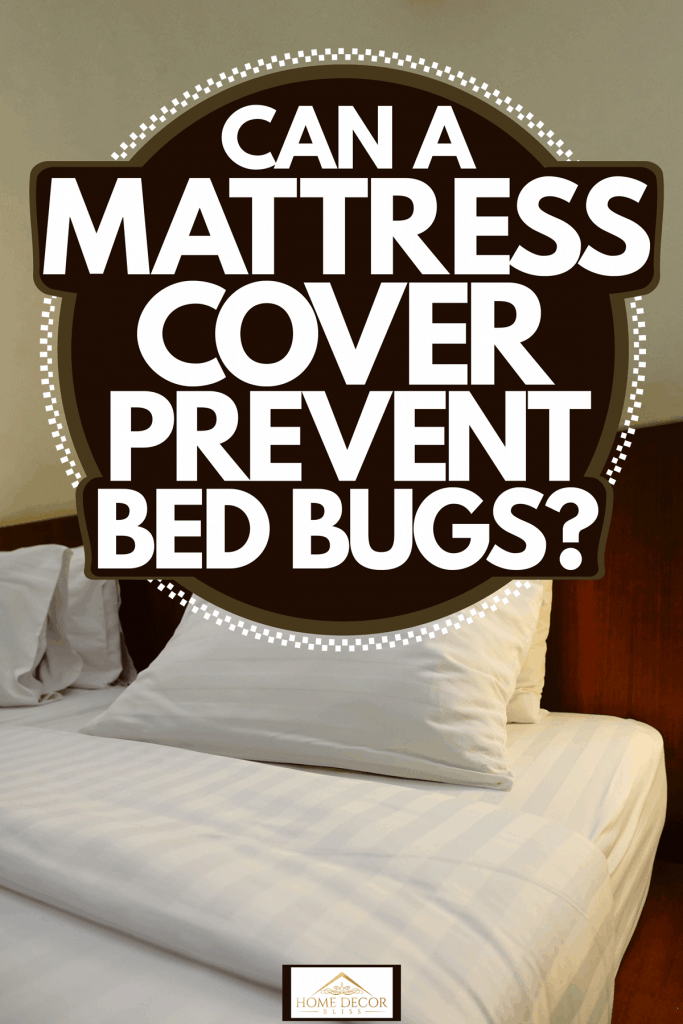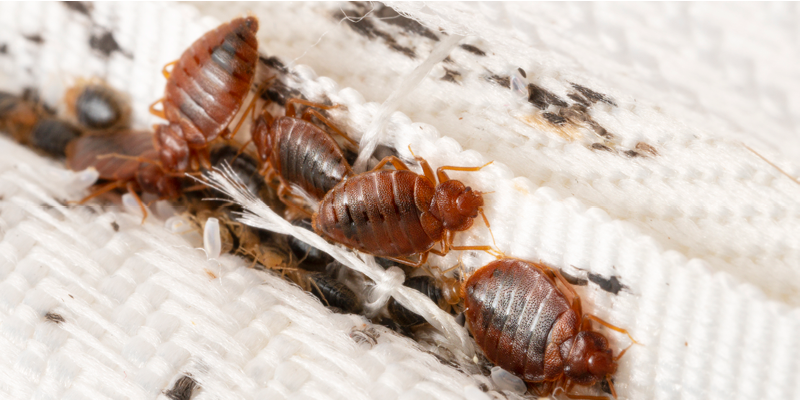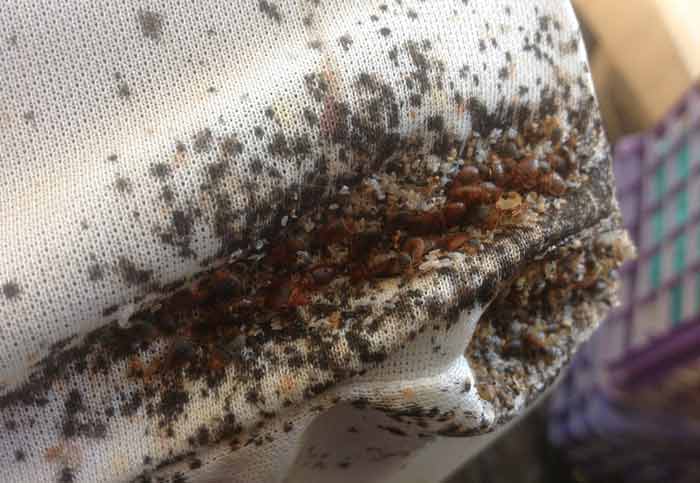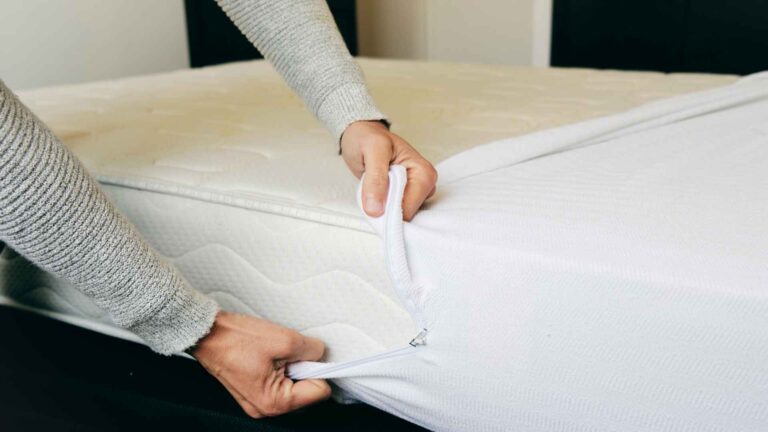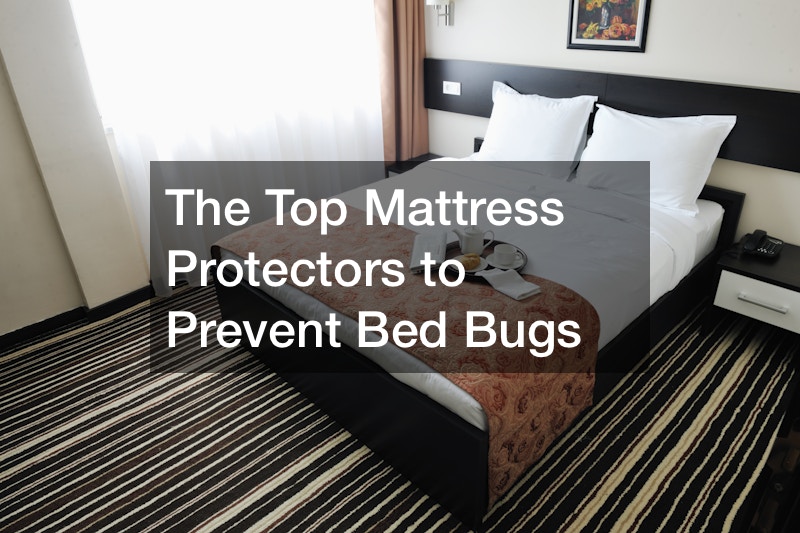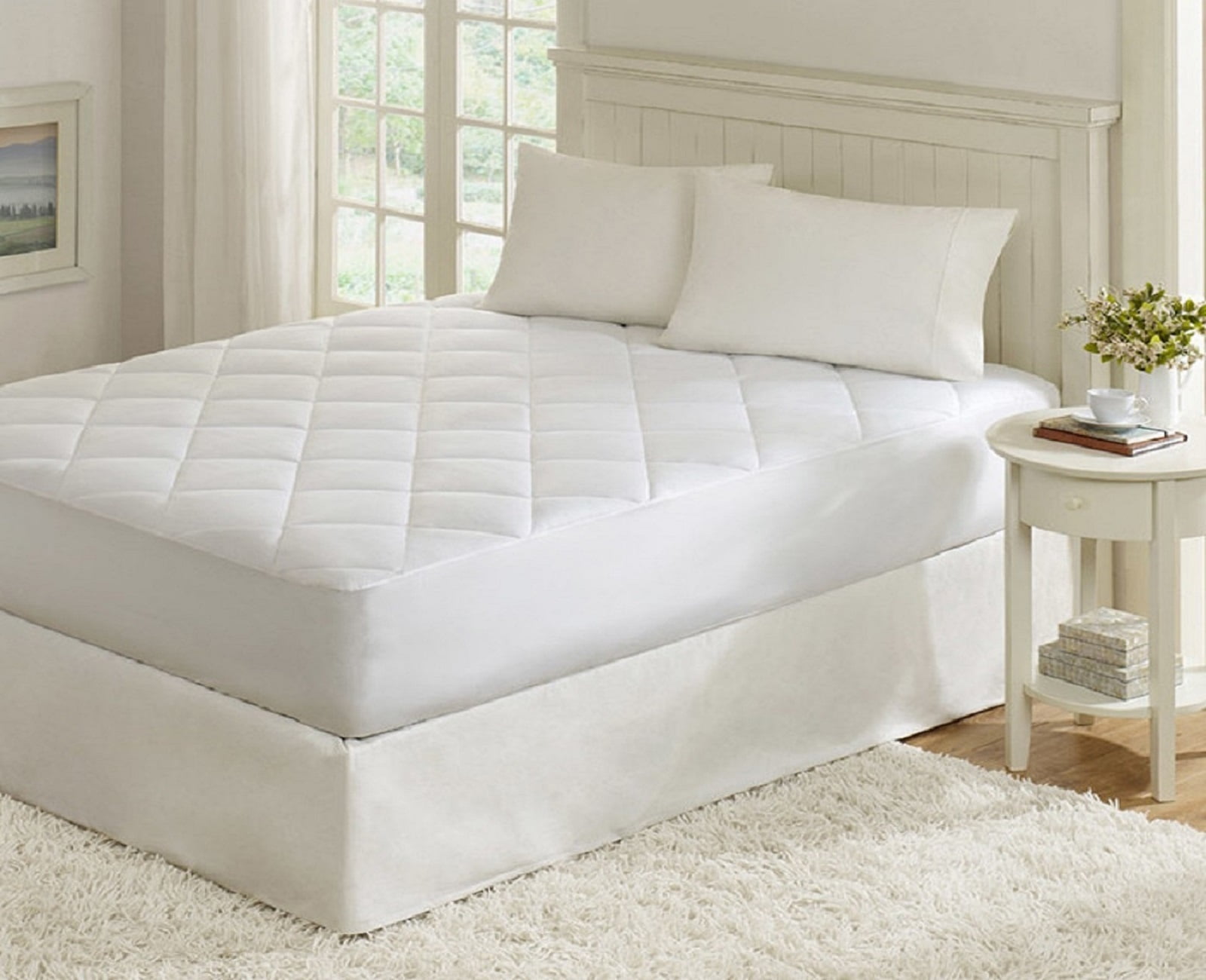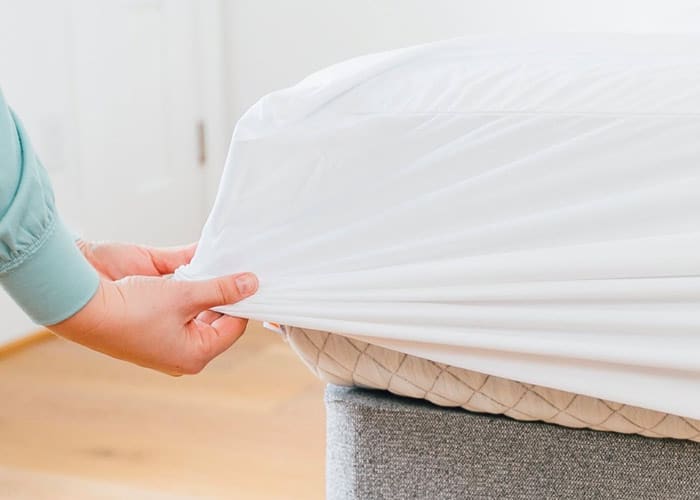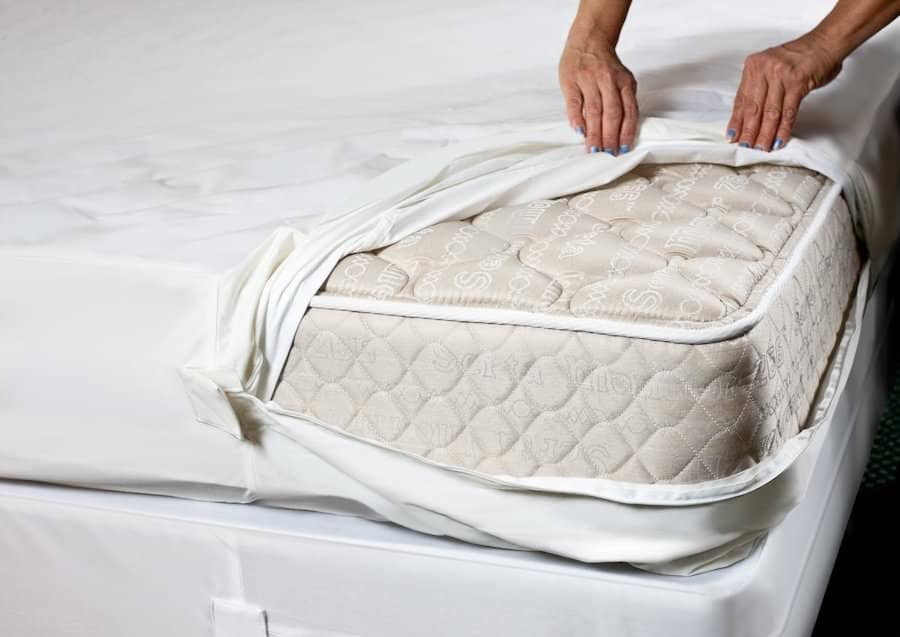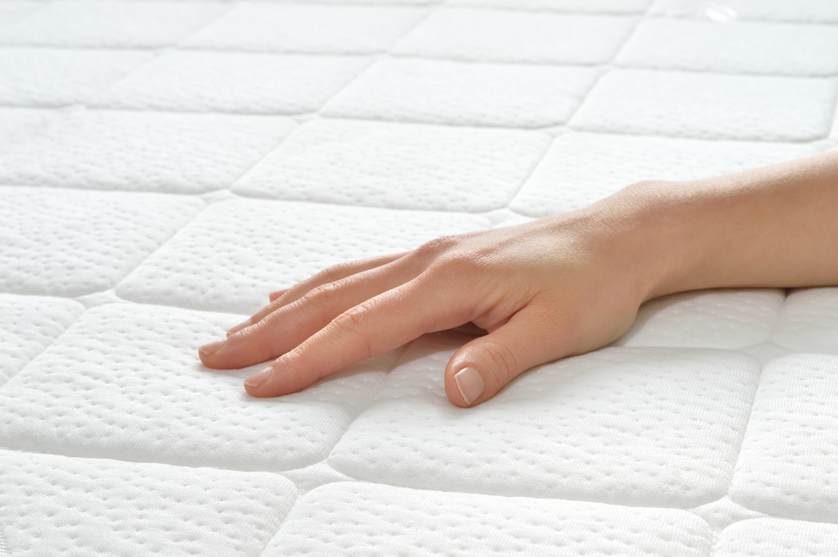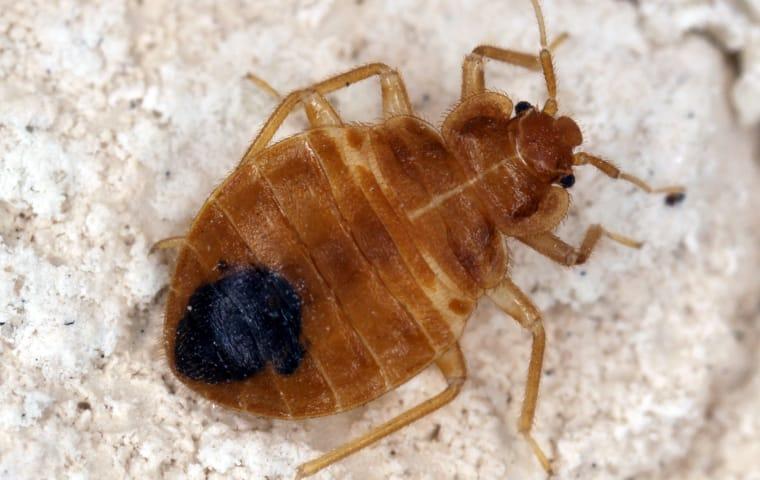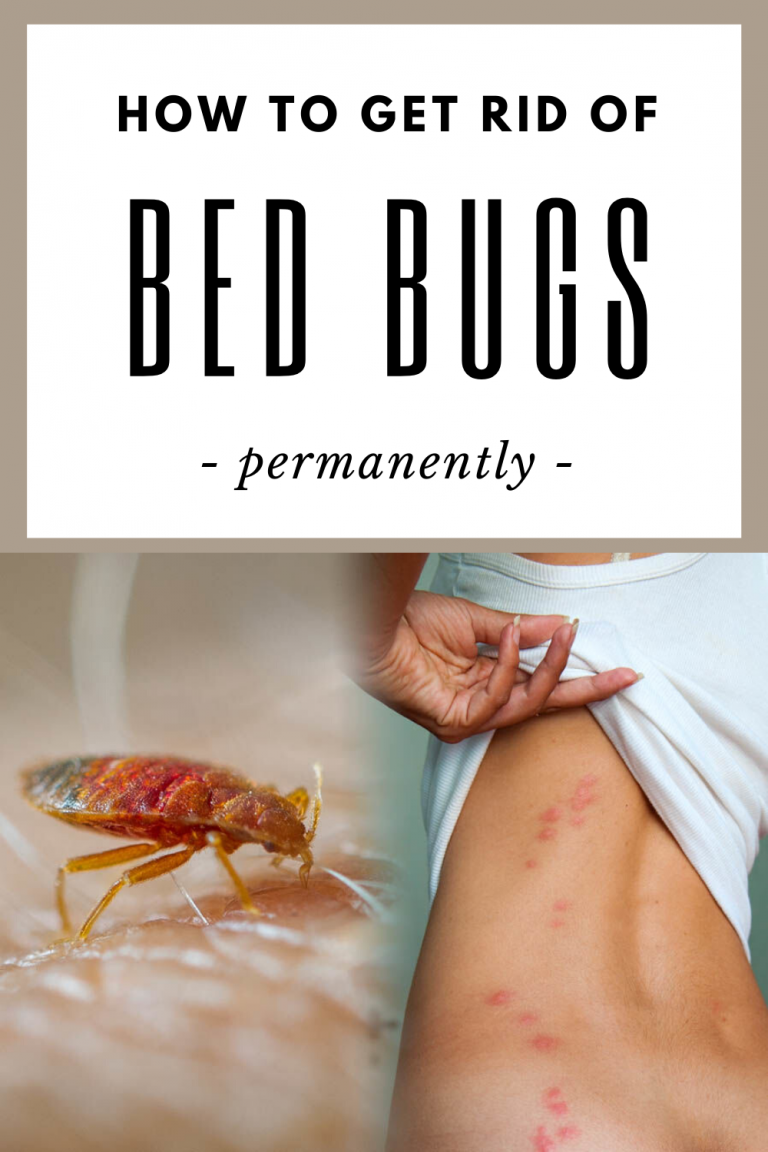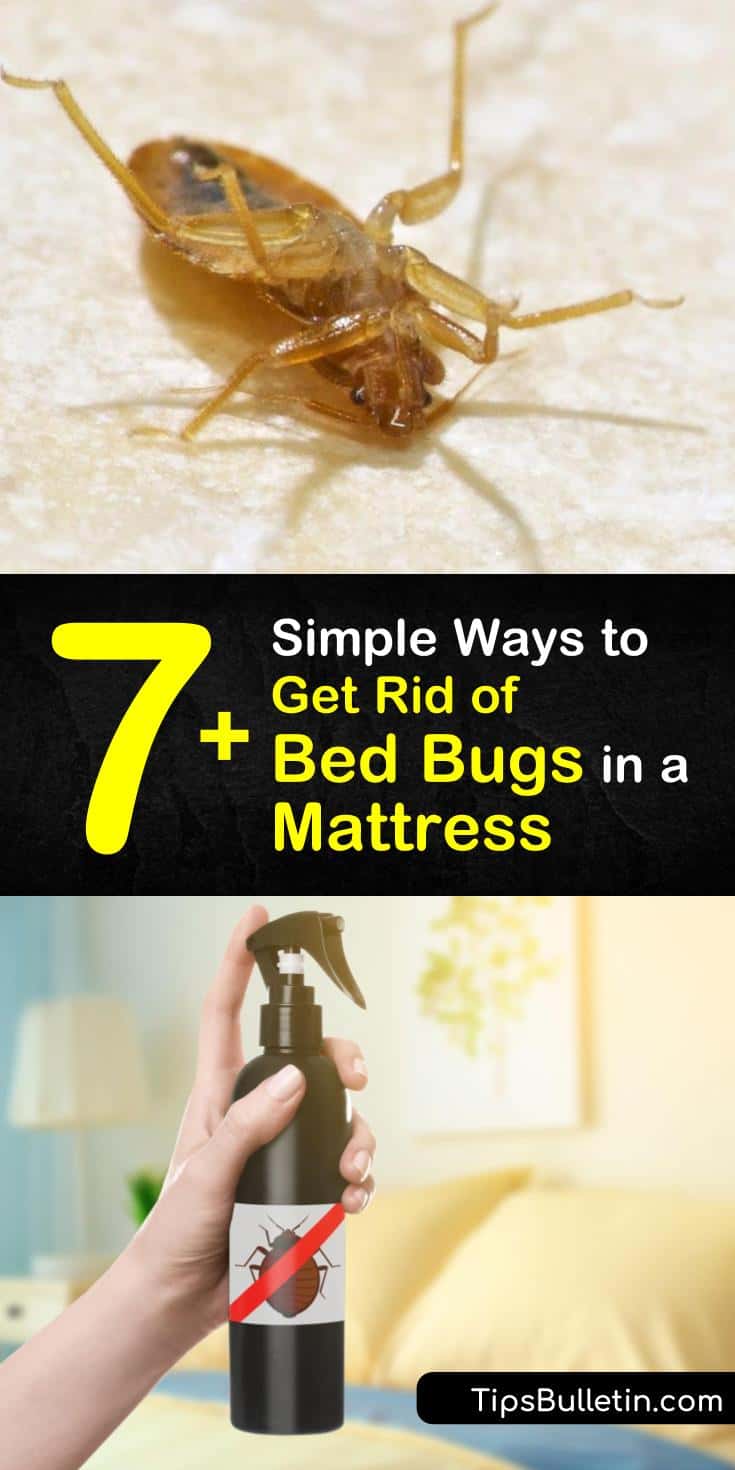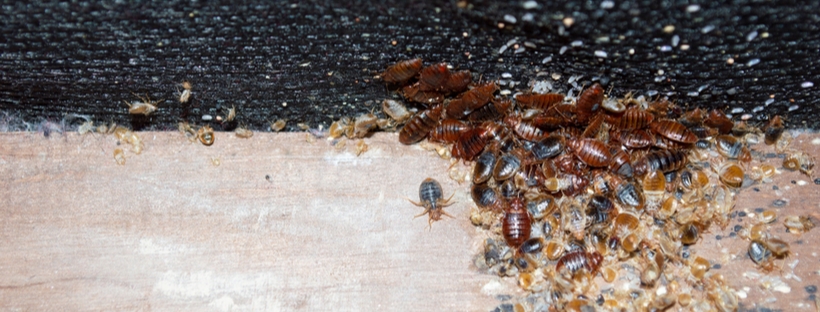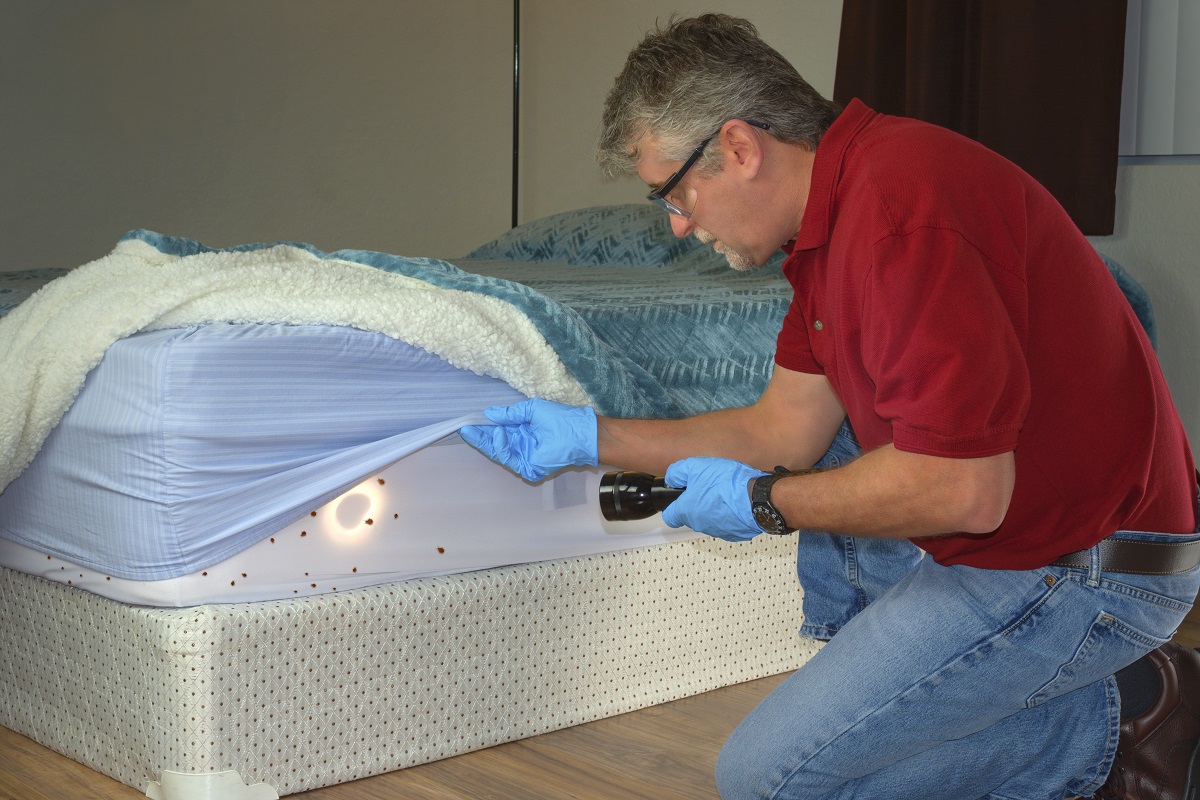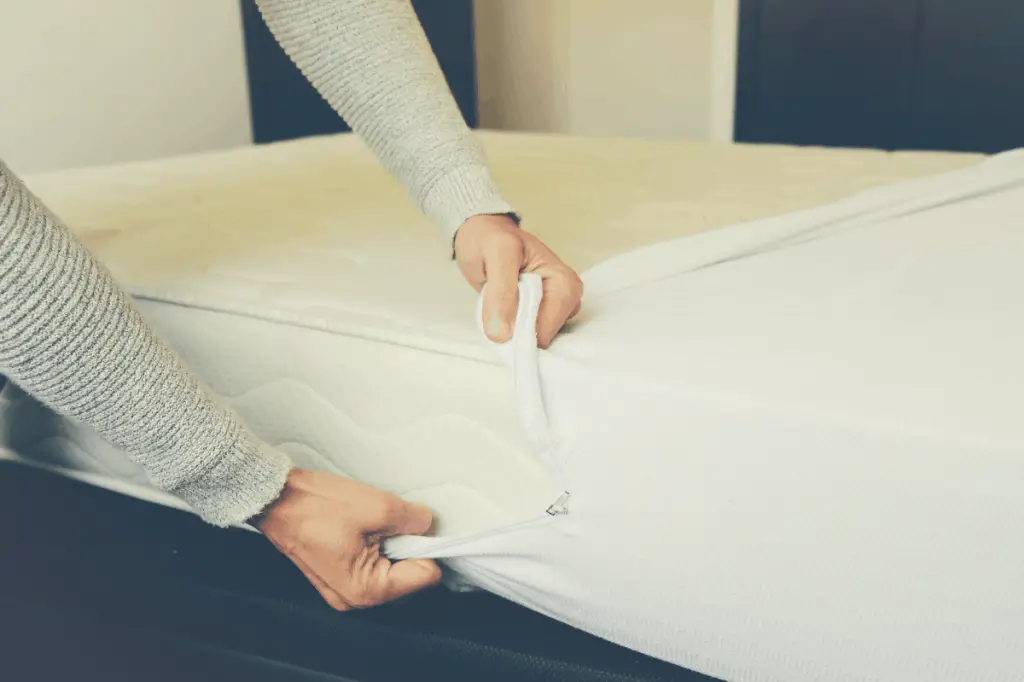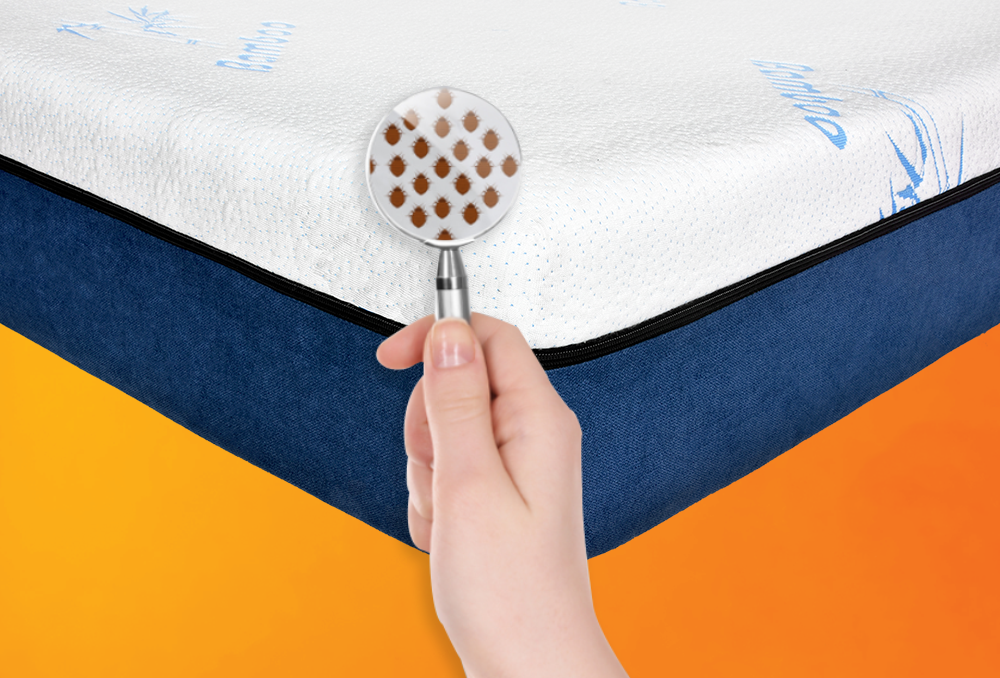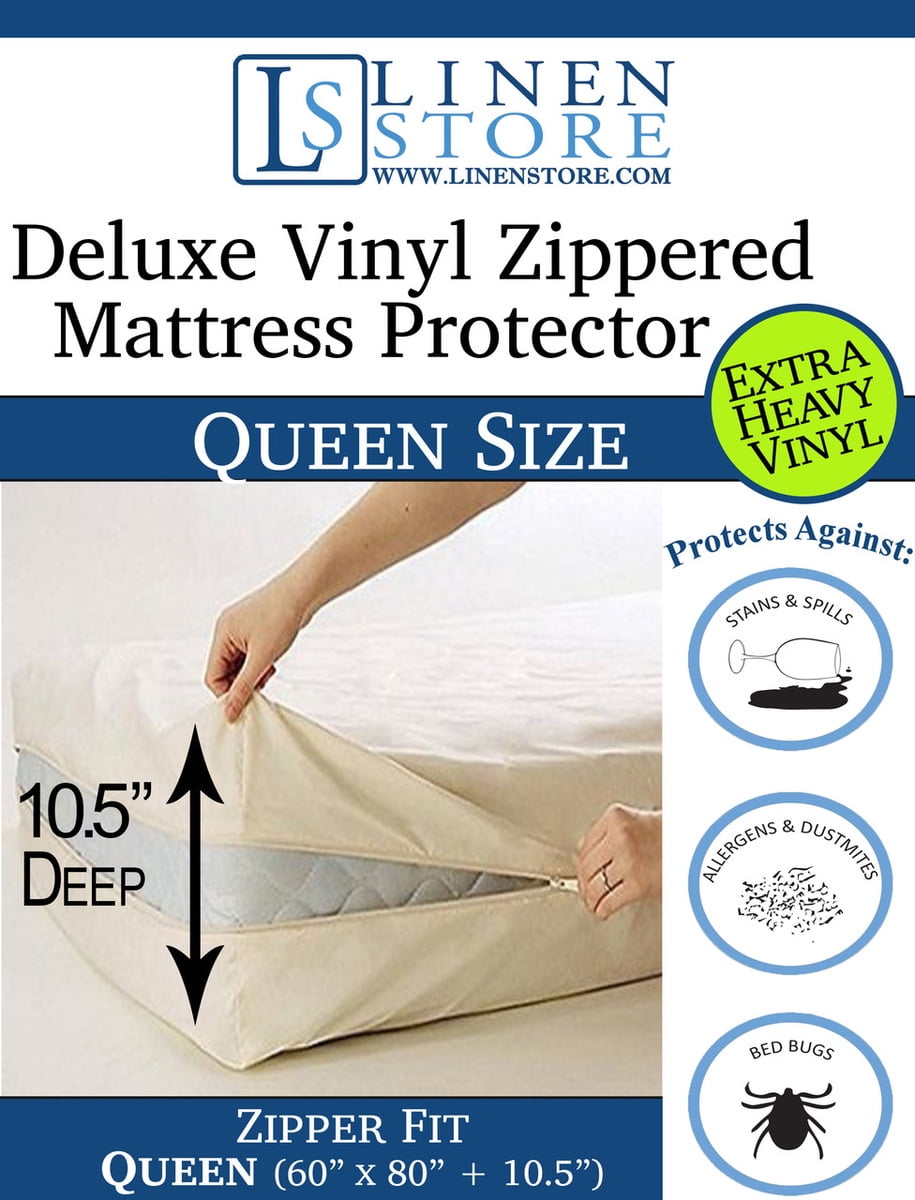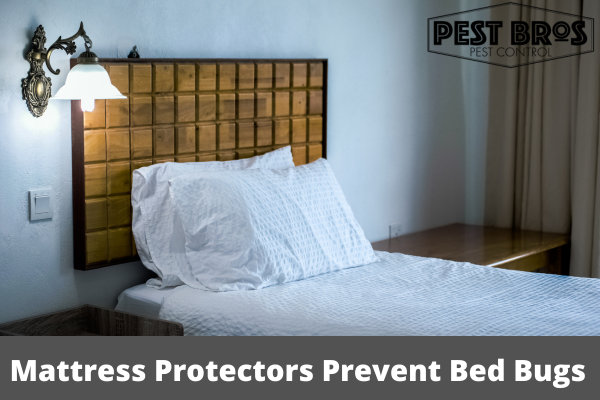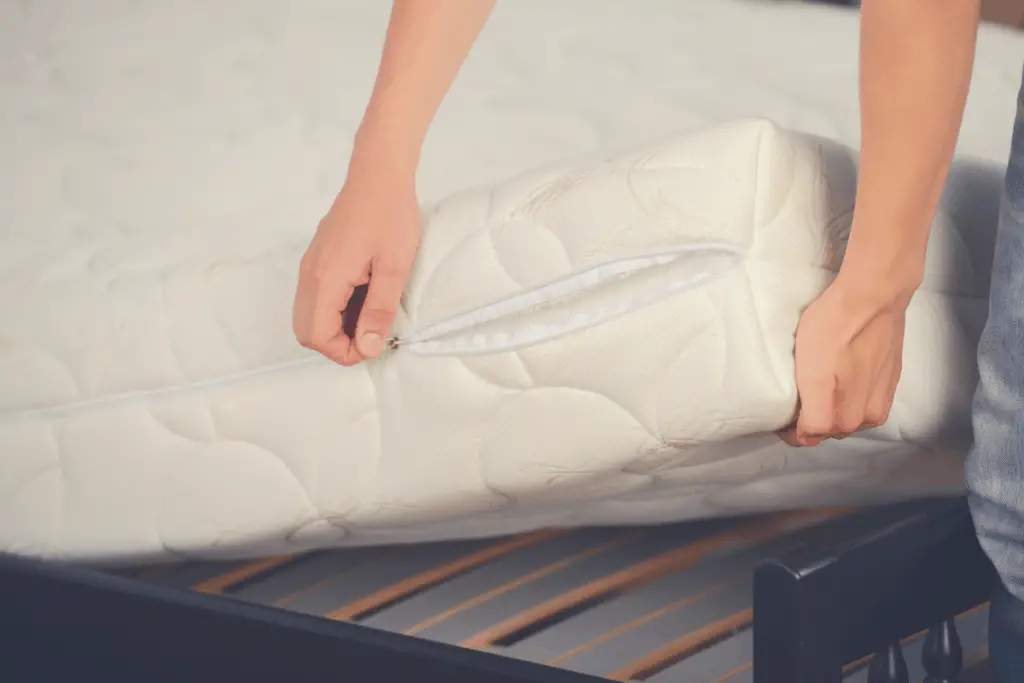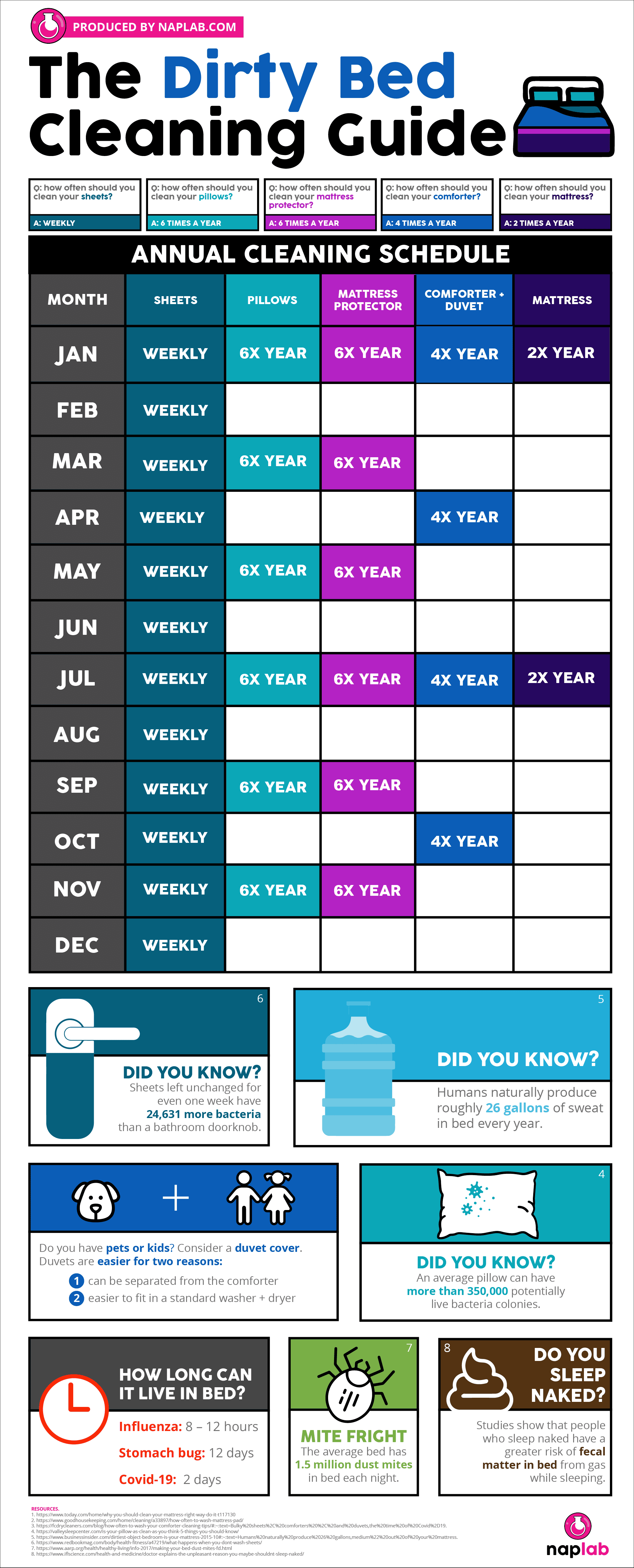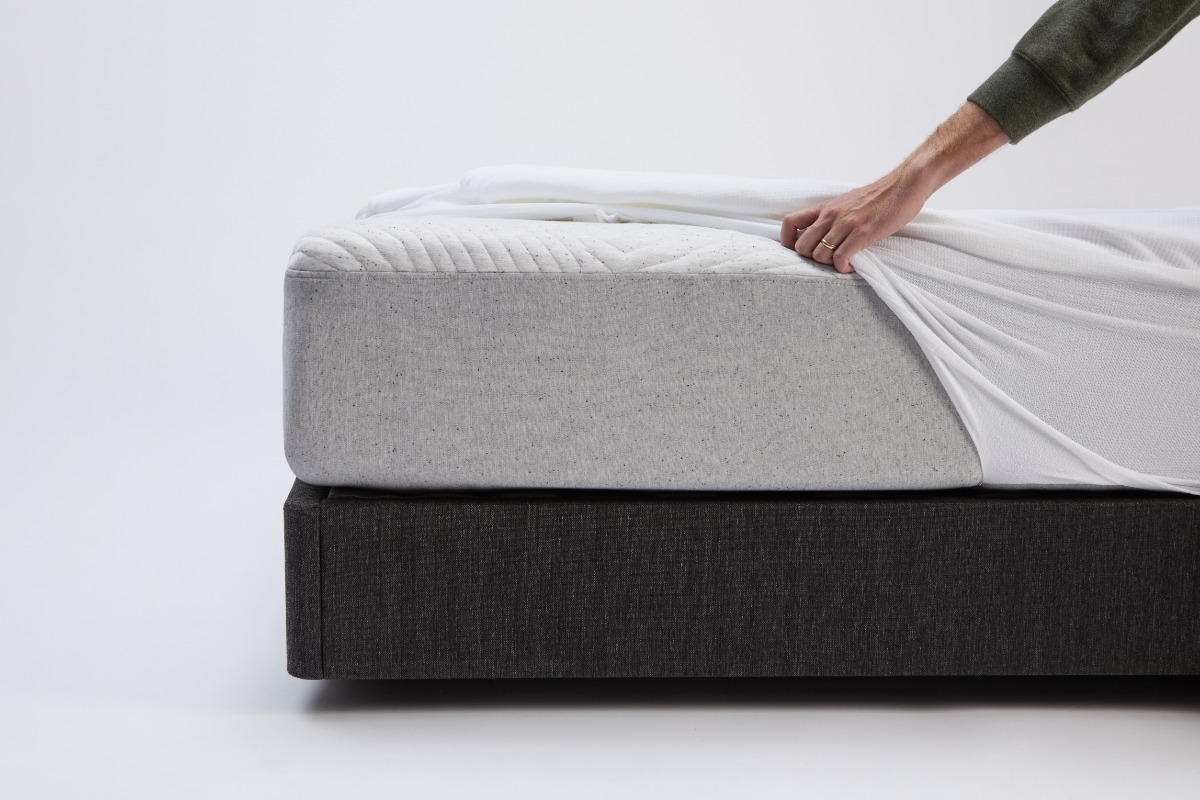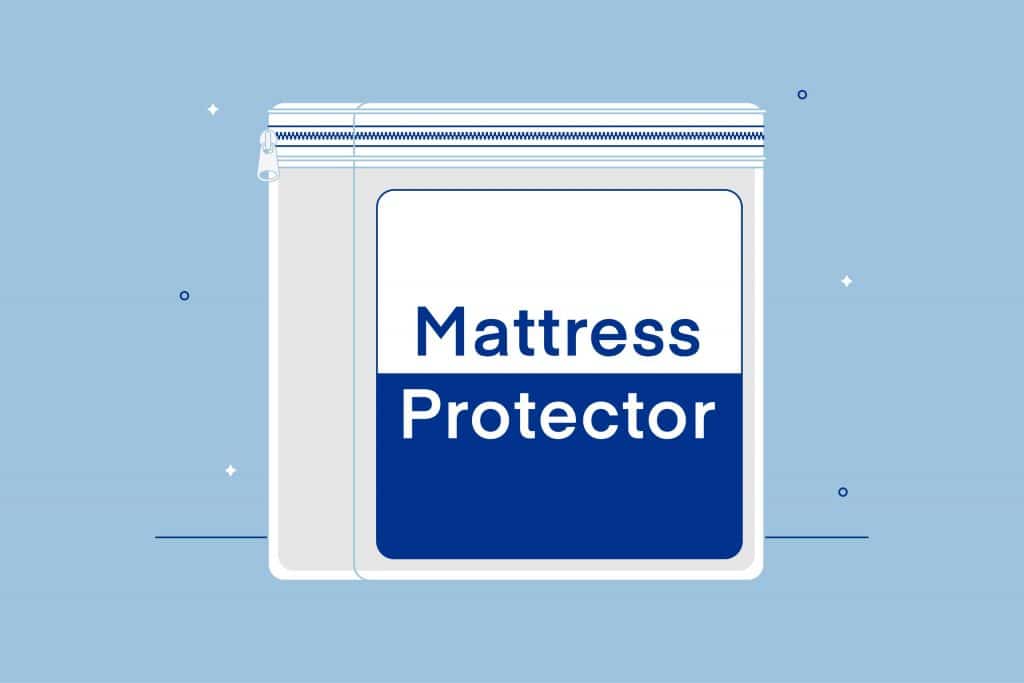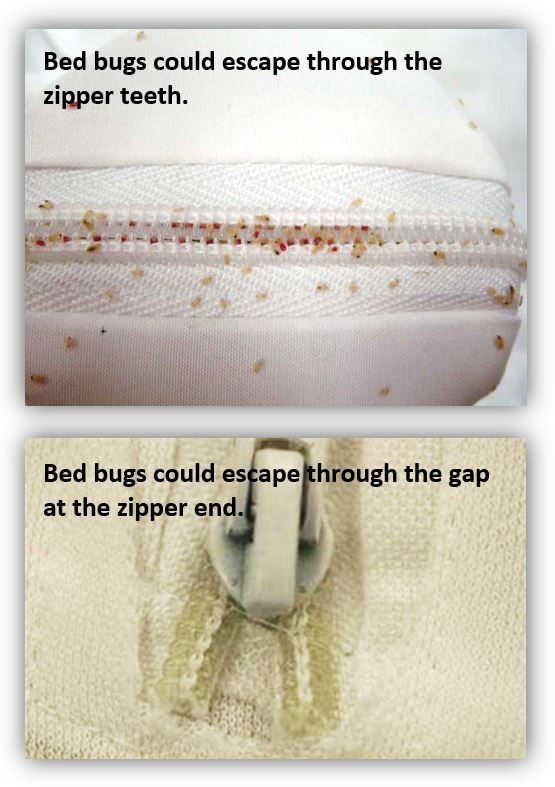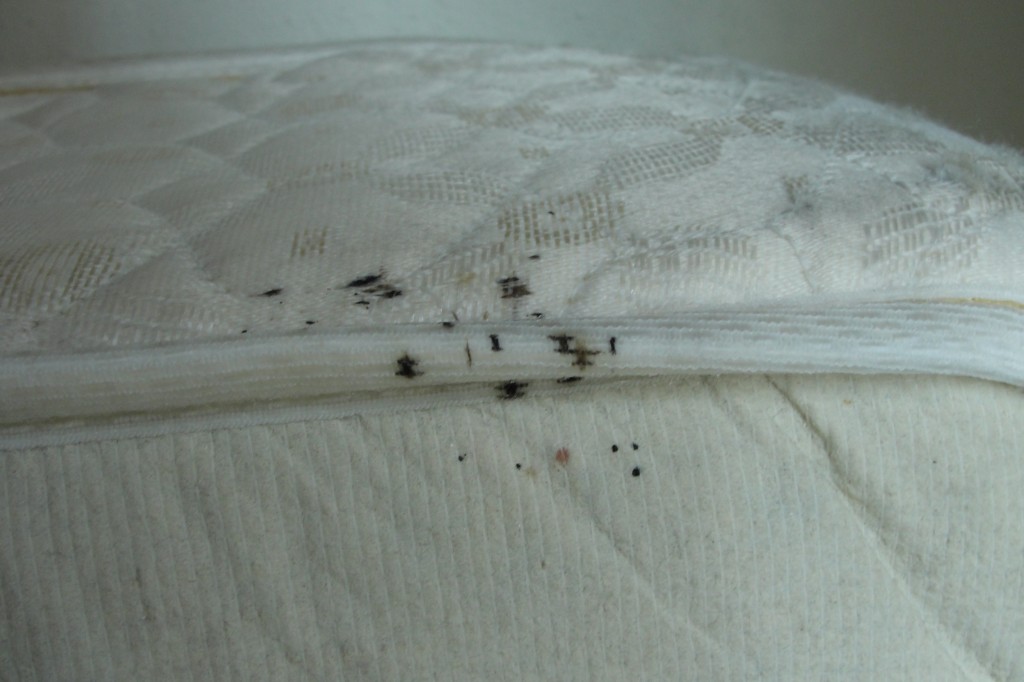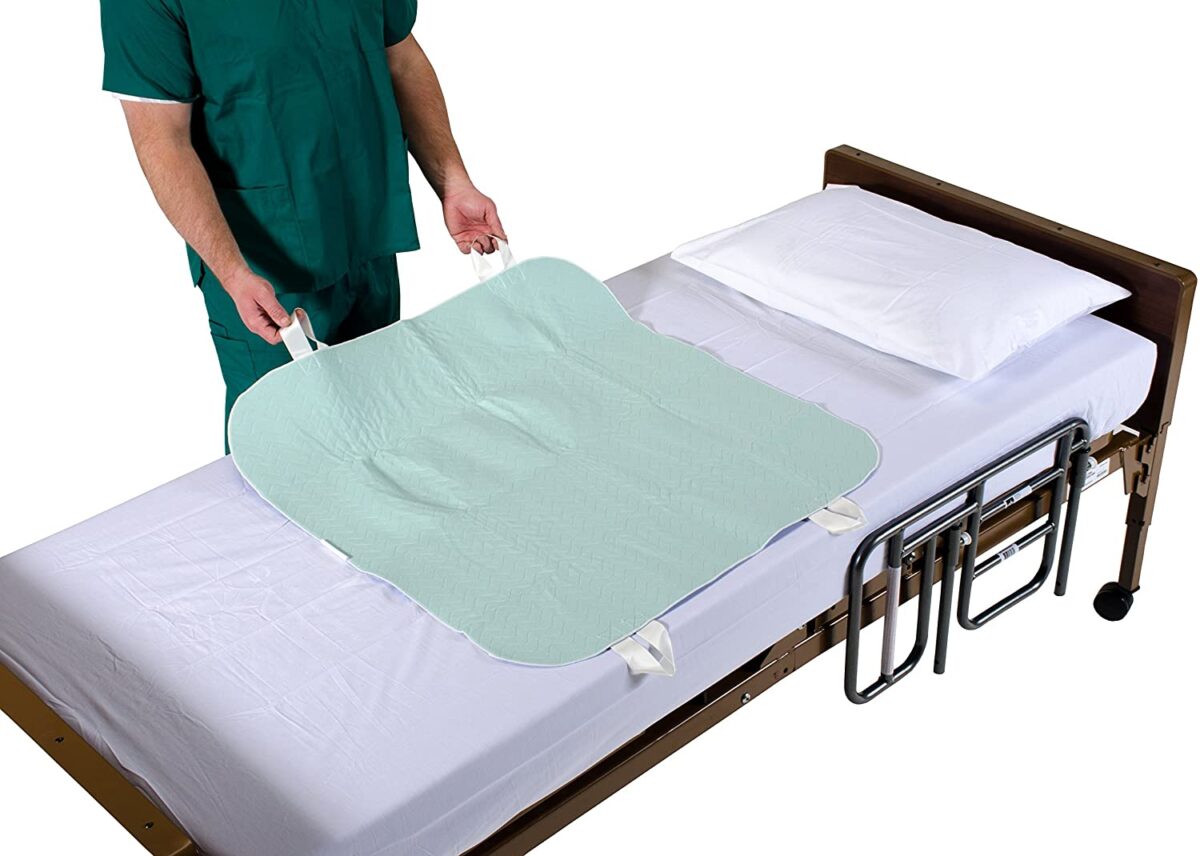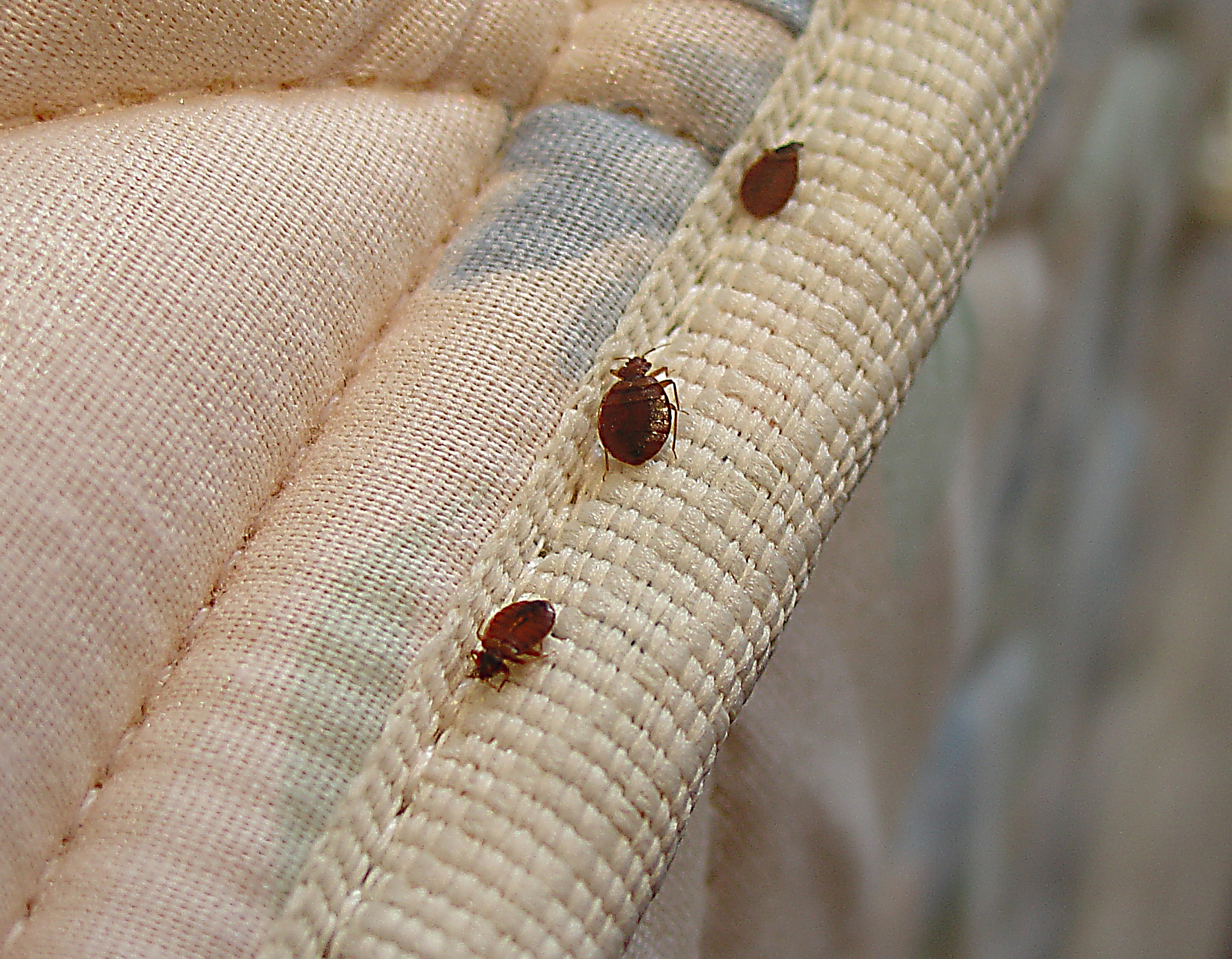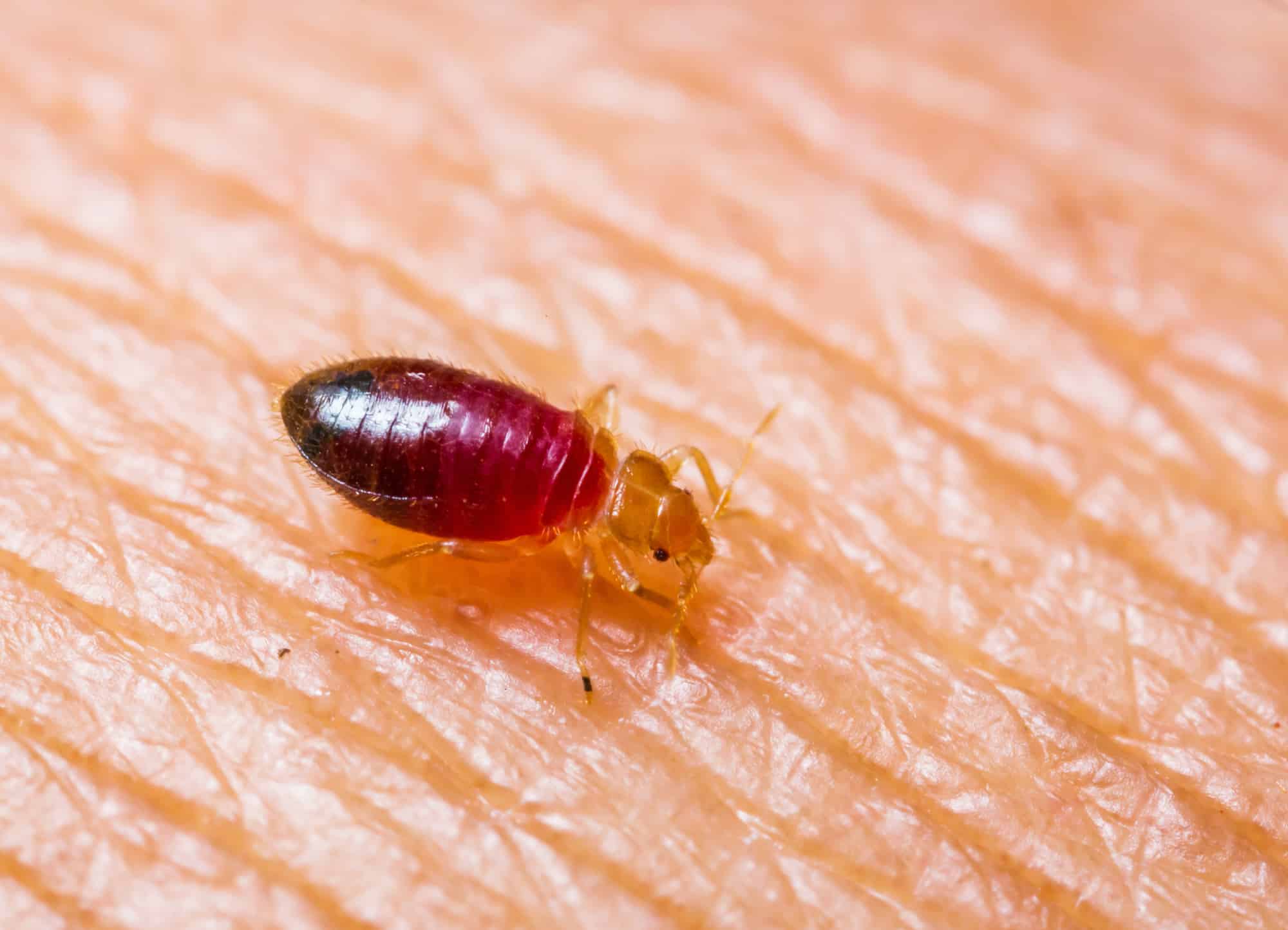What is a Mattress Protector and How Does it Work?
A mattress protector is a thin layer of material that is placed on top of your mattress to protect it from spills, stains, and other potential damage. It acts as a barrier between your body and the mattress, keeping it clean and extending its lifespan. But can it also prevent bed bugs?
How to Use a Mattress Protector to Prevent Bed Bugs
While a mattress protector may not be specifically designed to prevent bed bugs, it can act as a deterrent. The tight weave of the material can make it difficult for bed bugs to burrow into your mattress, making it harder for them to infest your bed. To use a mattress protector for bed bug prevention, make sure it fits snugly around your mattress and doesn't have any tears or holes where bed bugs could enter.
Do Mattress Protectors Really Work Against Bed Bugs?
While there is no guarantee that a mattress protector will completely prevent bed bugs, it can offer an extra layer of protection. Bed bugs are small and can easily hide in the seams of your mattress, but a mattress protector can make it harder for them to do so. However, it's important to note that a mattress protector alone may not be enough to prevent a bed bug infestation.
Top 5 Best Mattress Protectors for Bed Bug Protection
If you're looking for a mattress protector specifically for bed bug prevention, here are our top 5 recommendations:
How to Choose the Right Mattress Protector for Bed Bug Prevention
When choosing a mattress protector for bed bug prevention, there are a few key factors to consider:
Can a Mattress Protector Help Get Rid of Bed Bugs?
If you already have a bed bug infestation, a mattress protector alone will not be enough to get rid of them. You will need to take more aggressive measures, such as hiring a professional exterminator and washing all bedding and linens in hot water. However, a mattress protector can help prevent a future infestation by making it harder for bed bugs to hide in your mattress.
Do Waterproof Mattress Protectors Prevent Bed Bugs?
Yes, a waterproof mattress protector can help prevent bed bugs. The waterproof layer acts as an additional barrier, making it harder for bed bugs to infest your mattress. Just make sure the protector also has a tight zipper closure and fits snugly around your mattress.
How Often Should You Wash Your Mattress Protector to Prevent Bed Bugs?
To keep your mattress protector effective in preventing bed bugs, it's important to wash it regularly. We recommend washing it every 2-3 months, or more frequently if you have pets or allergies. If you do discover a bed bug infestation, you should wash your protector immediately after treating your mattress.
Can a Mattress Protector Be Used as a Bed Bug Barrier?
While a mattress protector can act as a barrier against bed bugs, it should not be relied on as the only form of protection. It's important to take other preventative measures, such as regularly checking for signs of bed bugs, vacuuming regularly, and using bed bug-proof covers on your pillows and box spring.
What to Do if You Already Have Bed Bugs and Want to Use a Mattress Protector
If you discover that you have a bed bug infestation and want to use a mattress protector, it's important to first treat and get rid of the bed bugs. Once your mattress is free of bed bugs, you can then use a mattress protector to prevent future infestations. Be sure to regularly wash the protector and monitor for any signs of bed bugs.
In conclusion, while a mattress protector may not be a foolproof method of preventing bed bugs, it can offer an extra layer of protection and make it harder for them to infest your mattress. Make sure to choose a high-quality protector and use it in conjunction with other preventative measures to keep your bed bug-free.
Why You Need a Mattress Protector to Prevent Bed Bugs
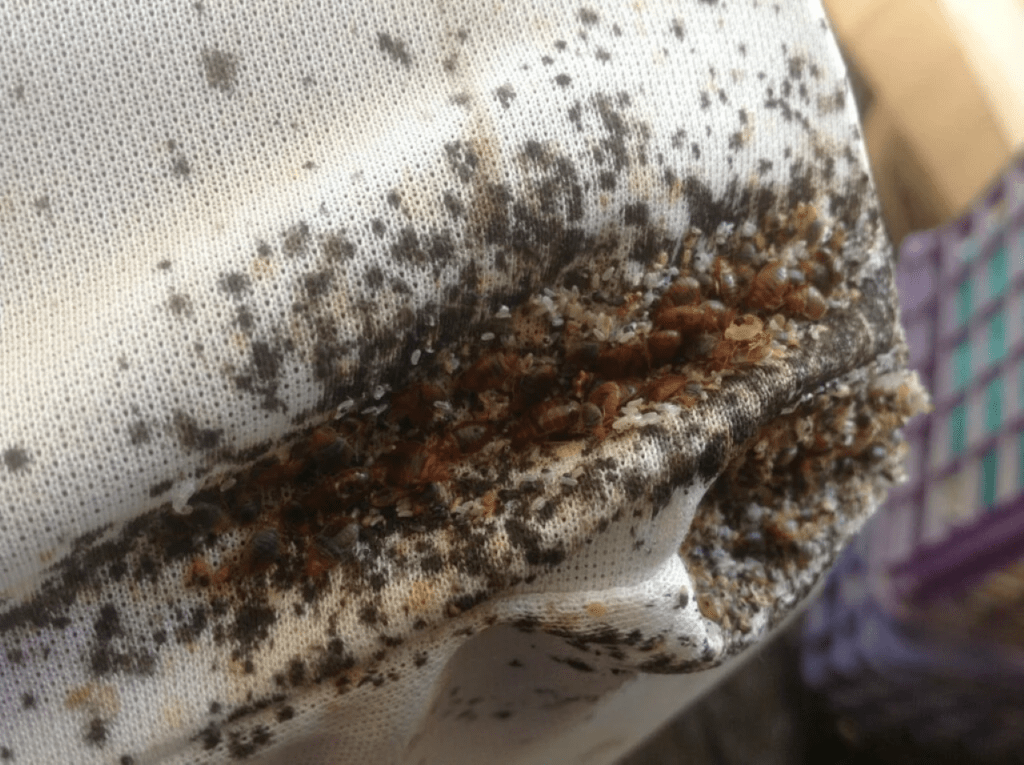
The Importance of Protecting Your Mattress
 When it comes to designing your home,
mattress protection
may not be the most exciting topic. However, it is an essential aspect of maintaining a clean and healthy living space.
Bed bugs
are one of the most common and pesky household pests that can wreak havoc on your sleep and overall well-being. These tiny insects feed on human blood and can cause itchy bites, allergic reactions, and even psychological distress.
Preventing bed bugs
is crucial in any household, and a
mattress protector
is an effective tool to help in this battle.
When it comes to designing your home,
mattress protection
may not be the most exciting topic. However, it is an essential aspect of maintaining a clean and healthy living space.
Bed bugs
are one of the most common and pesky household pests that can wreak havoc on your sleep and overall well-being. These tiny insects feed on human blood and can cause itchy bites, allergic reactions, and even psychological distress.
Preventing bed bugs
is crucial in any household, and a
mattress protector
is an effective tool to help in this battle.
How Mattress Protectors Work
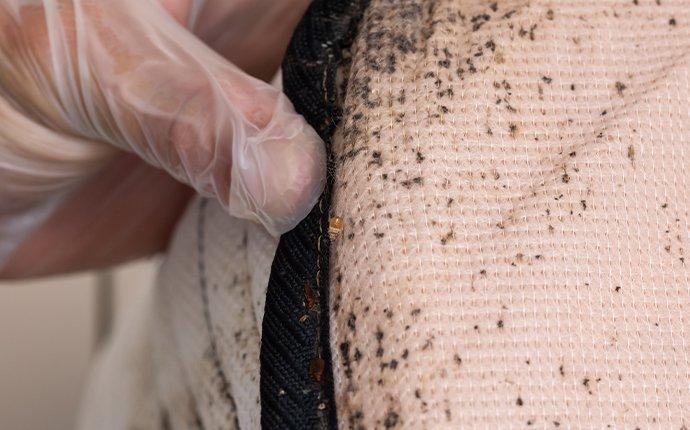 A
mattress protector
is a thin, waterproof cover that goes over your mattress. It acts as a barrier against any potential threats, such as
bed bugs
, dust mites, and spills. The protector creates a seal around your mattress, preventing any bugs from entering or escaping. It also makes it easier to identify and eliminate any existing
bed bug
infestations by trapping them inside the protector.
A
mattress protector
is a thin, waterproof cover that goes over your mattress. It acts as a barrier against any potential threats, such as
bed bugs
, dust mites, and spills. The protector creates a seal around your mattress, preventing any bugs from entering or escaping. It also makes it easier to identify and eliminate any existing
bed bug
infestations by trapping them inside the protector.
Benefits of Using a Mattress Protector
 Aside from preventing
bed bugs
, there are many other benefits to using a
mattress protector
. It can protect your mattress from stains, spills, and wear and tear, prolonging its lifespan. It also acts as a barrier against dust mites and other allergens, making it a must-have for those with allergies or asthma. Additionally, a
mattress protector
can make cleaning your mattress much easier. Instead of having to deep clean your mattress, you can simply remove and wash the protector.
Aside from preventing
bed bugs
, there are many other benefits to using a
mattress protector
. It can protect your mattress from stains, spills, and wear and tear, prolonging its lifespan. It also acts as a barrier against dust mites and other allergens, making it a must-have for those with allergies or asthma. Additionally, a
mattress protector
can make cleaning your mattress much easier. Instead of having to deep clean your mattress, you can simply remove and wash the protector.
How to Choose the Right Mattress Protector
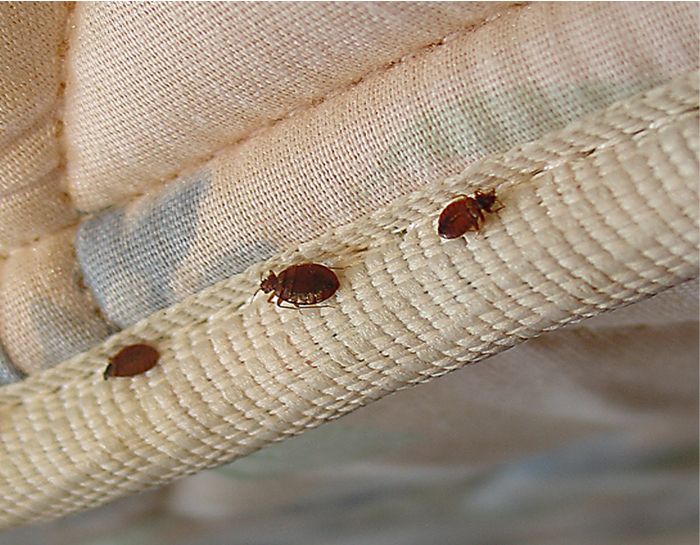 When selecting a
mattress protector
, there are a few key factors to consider. First and foremost, it should be waterproof and have a tight seal to prevent any bugs from entering or escaping. Look for protectors that are made of high-quality materials and have a secure closure, such as a zipper or hook and loop fasteners. It's also essential to choose a protector that is
bed bug
-proof and has been tested and certified by reputable organizations.
When selecting a
mattress protector
, there are a few key factors to consider. First and foremost, it should be waterproof and have a tight seal to prevent any bugs from entering or escaping. Look for protectors that are made of high-quality materials and have a secure closure, such as a zipper or hook and loop fasteners. It's also essential to choose a protector that is
bed bug
-proof and has been tested and certified by reputable organizations.
In Conclusion
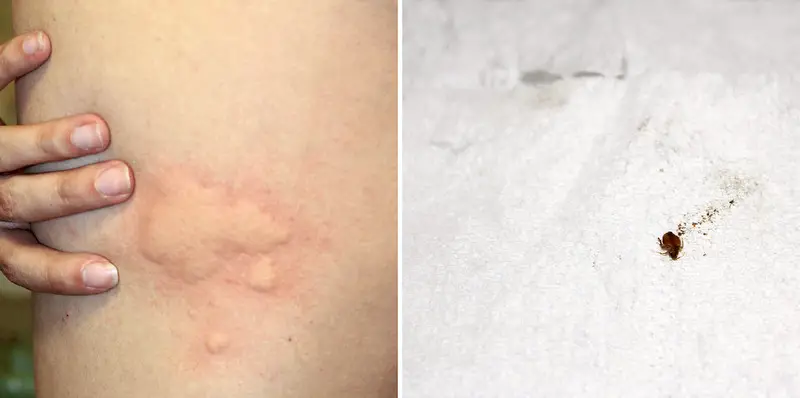 In conclusion, a
mattress protector
is a crucial tool in preventing
bed bug
infestations in your home. It acts as a barrier against these pesky pests and provides many other benefits, such as protecting your mattress and making it easier to clean. When selecting a
mattress protector
, make sure to choose one that is waterproof,
bed bug
-proof, and made of high-quality materials. With a
mattress protector
, you can sleep soundly knowing your mattress is protected and your home is free of unwanted visitors.
In conclusion, a
mattress protector
is a crucial tool in preventing
bed bug
infestations in your home. It acts as a barrier against these pesky pests and provides many other benefits, such as protecting your mattress and making it easier to clean. When selecting a
mattress protector
, make sure to choose one that is waterproof,
bed bug
-proof, and made of high-quality materials. With a
mattress protector
, you can sleep soundly knowing your mattress is protected and your home is free of unwanted visitors.

